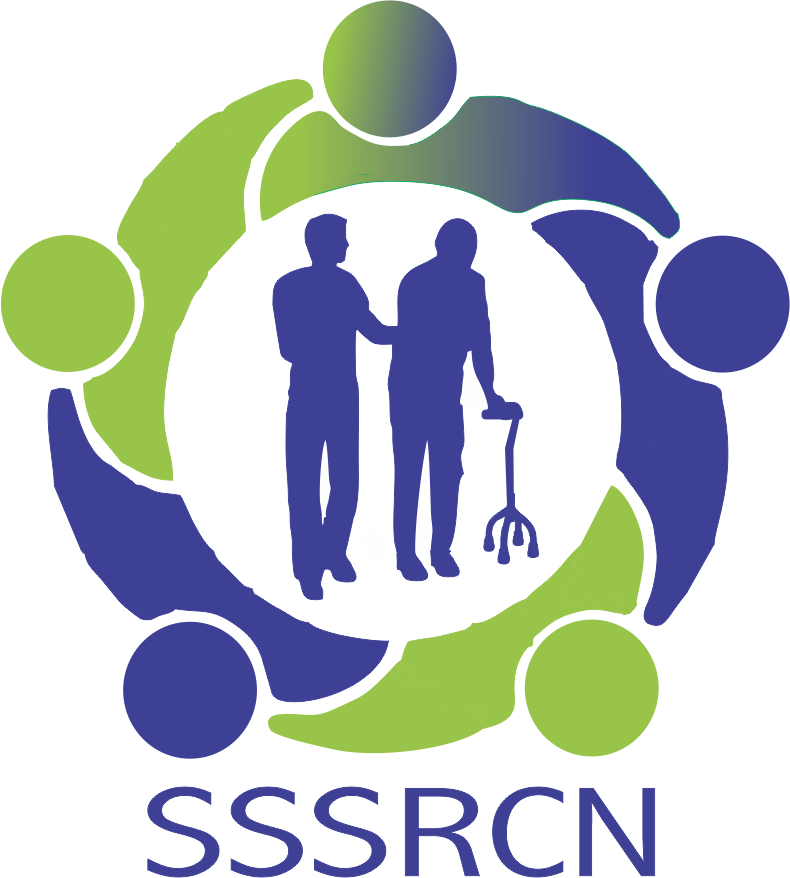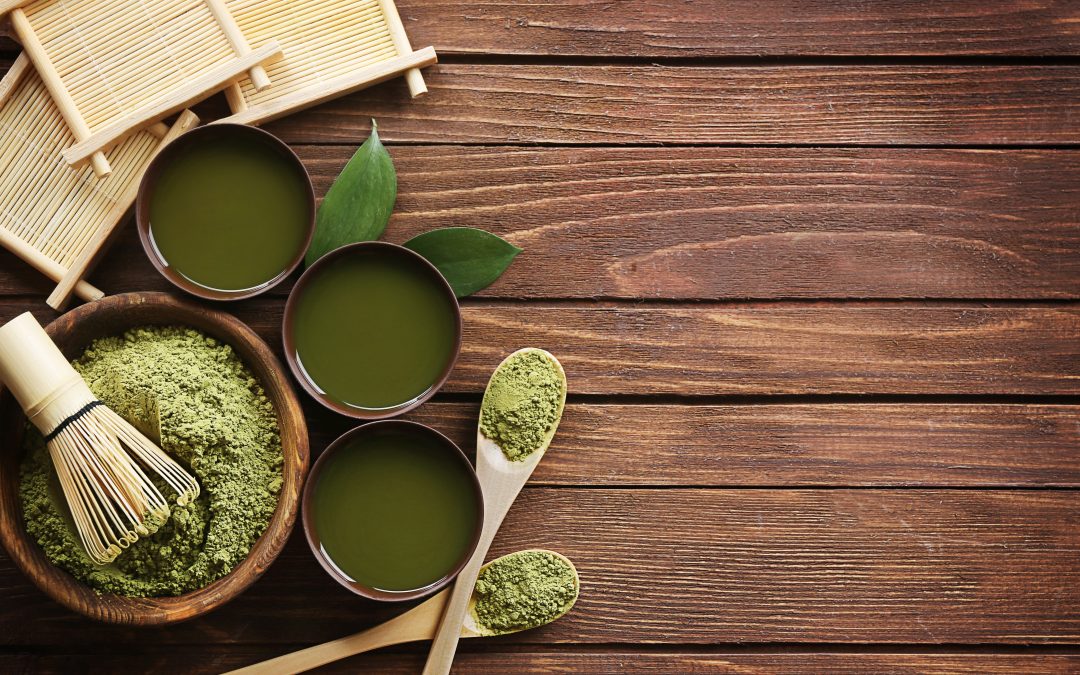Written by: Talabi Oluwaseyi (PT)
A stroke is a medical condition that has a great deal to do with the timing of intervention -that is, proper and immediate care. Studies have shown that victims who seek medical attention within the first few hours of symptoms recover sooner than those who do not. If treatment is delayed, it could increase the complications of a stroke.

Depending on the type of stroke, whether, ischemic (caused by a block in blood flow in the brain) or haemorrhagic (caused by bleeding in the brain), different medical treatment modalities (medication) are used. Sometimes, when the condition is beyond conservative management, a surgical approach is employed.
According to studies, it was reported by the World Health Organization (WHO) in 2003 that the use of traditional medicine is quite popular in all developing countries. The World Health Organization defined traditional medicine as the sum of the knowledge, skill, and practices based on the theories, beliefs, and experiences indigenous to different cultures, whether explicable or not, used in the maintenance of health as well as in the prevention, diagnosis, improvement or treatment of physical and mental illness.
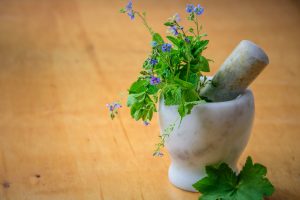
More so, herbal medicine is one of the forms of traditional care, and it is described by WHO to include herbs, herbal materials, herbal preparations, and finished herbal products that contain as active ingredients parts of plants, other plant materials, or combinations. The use of herbal medicine is quite common, especially in our setting in the practice of traditional medicine. Its limitations and effectiveness will be succinctly focused on in this article.
First, in the usage of herbal medicine, there are no documented successes in clinical trials which poses a huge risk to its consumption. Hitherto, Scientific proof of the efficacy and safety of herbal medicine in the recovery of stroke has not been made available. Also, most times, the mixture is ingested without dosage (the half-life of a medication is important).
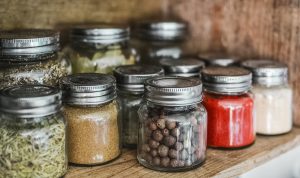
In the case of ingesting substances where the dosage and the mechanism of its action are not known, there is a possibility of harm to the liver and or the kidney. Also, there are chances of increased complications since the major problem causing the stroke and its effect is often neglected. Although some studies have shown that herbal medicines improve microcirculation in the brain, which can only help in an ischemic type of stroke, however, there is no solid evidence for such claims. Worse still, this effect may complicate the stroke if a bleed is the cause.
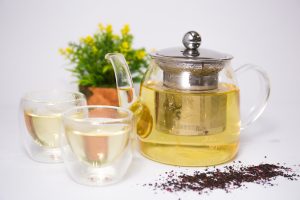
Furthermore, some forms of brain vessel incidents such as TIA (Transient Ischemic Attack) and RIND (Reverse Ischemic Neurologic Deficit) are commonly known as mini stroke or partial stroke, occur when there is a temporary blockage in blood flow in the brain. These forms resolve on their own with or without intervention within 24 hours or 72 hours respectively with mild or no physical or functional impairments. Taking all forms of herbal medicines may simply overtreat the condition and may contribute to possible toxicity in the body.

In conclusion, in stroke care, no two people are the same as other conditions might have a similar presentation as stroke. The use of traditional medicine (herbal) may seem to work but there is yet no scientific proof of its efficacy. Also, immediate medical care is advised in managing stroke as there are specific interventions for different types and impairments that come with stroke.
In addition, a Stroke is an emergency so act fast! As you act fast, act well!
